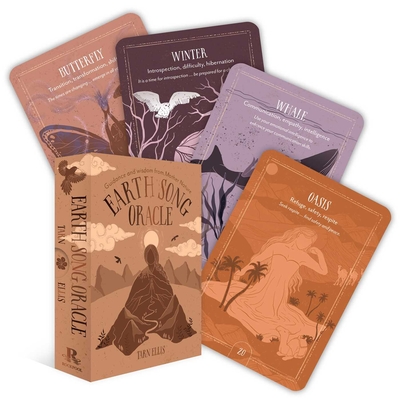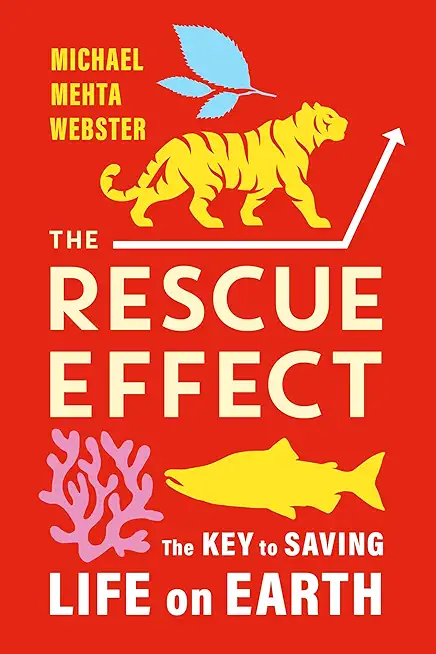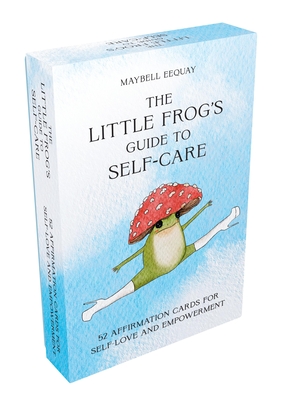
Marguerite Duras and Jean Rhys come back to life to help a hapless modern day writer rewrite herself in love and work.
The title harkens back to Duras' novel and film, "Destroy, she said". Mira, the main character, a writer, has a kind of magical realism experience with these two 20th century writers who come back to life as she steps through a mirrored glass to meet Jean Rhys in a bar and Marguerite Duras on a park bench. With ethereal credit cards they whisk her off to Vienna to heal that Jewish heritage, to teach her about life, love and writing, and to open her to new love with an oboe player. It's as though they want her to know that love comes and goes, experiment, don't be afraid, but all the while keep perfecting the craft of the writing, what Walley exudes as, "The private lives of sentences."
quote: These women are insistent. And why are they helping me, I wondered. Was a returning Dickens arriving right now in Los Angeles to help Robert Ludlum? He didn't seem to need much help. Tolstoy must have come and gone in helping David Grossman, his last novel had the Russian genius' imprimatur. Who is Virginia Woolf with right now? [...] And if that is not the immediate case, then why have they chosen me out of all the writers, so many of us now, clicking away at laptops, even phones? I decided, and perhaps this speaks more of my personality than truth, that they chose me because I was a particular brand of nomad, like them. I was not an intellectual in the Upper West Side academic sense. I had always been on the margins, hurt, a stranger in a strange land, like they (émigrés), rejected by parents, longing, longing for love, and this, this had been our material. Also their careers were saved at the last minute, and so perhaps they chose me for that hopeful ending.







